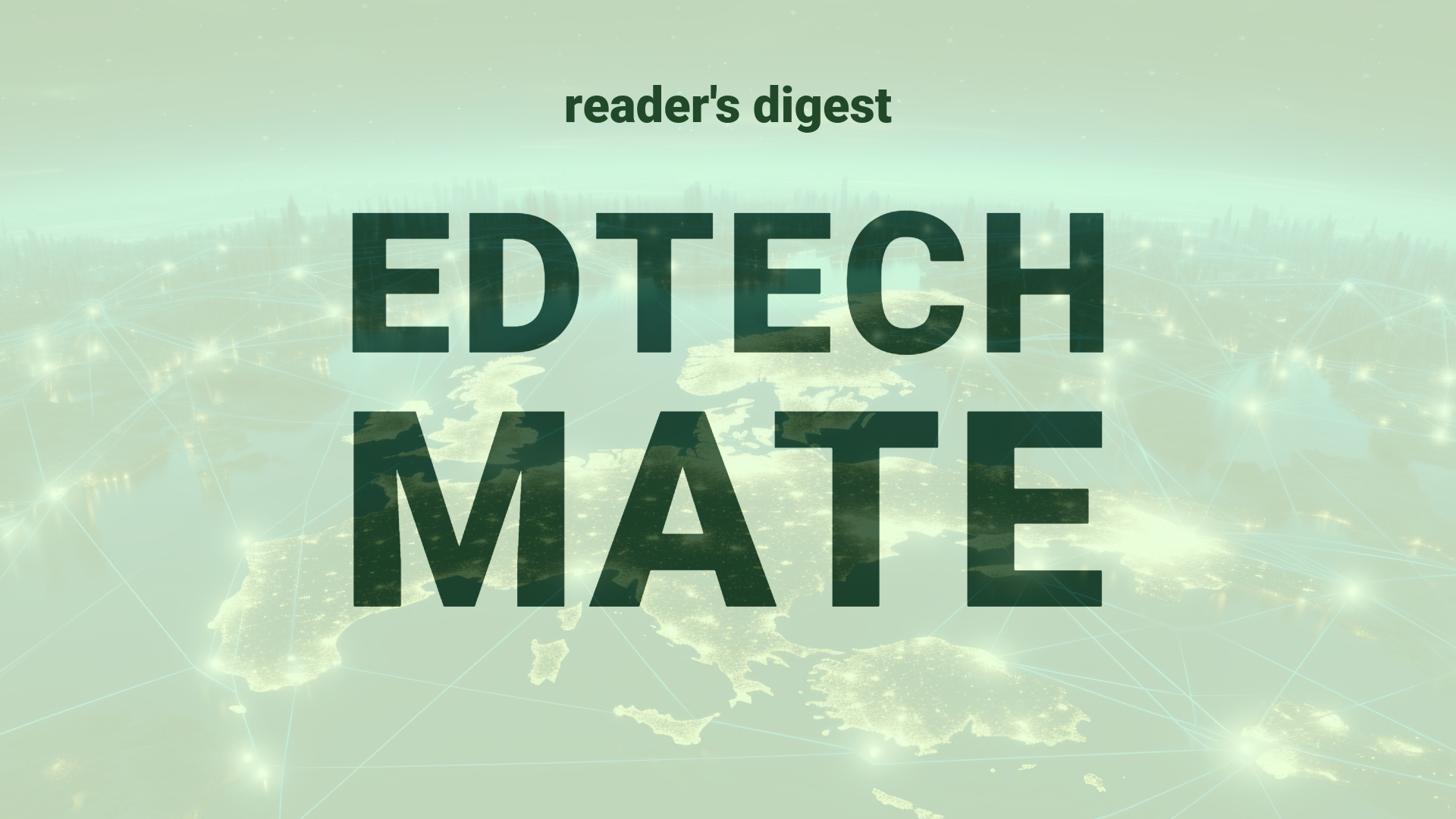Executive Summary and Main Points
The evolution from machine learning to deep learning has reached a pivotal stage with profound implications for global education. Deep learning, now accessible to the public through platforms such as OpenAI’s ChatGPT, harnesses vast amounts of data to generate precise content responses. This represents a significant milestone, transitioning AI from an academic pursuit to an everyday utility, as evident in decreased training costs and improved efficiency. Foundation models based on transformer network architecture mark a generational shift, enabling the application of large language models like Google’s LaMDA in various sectors.
Potential Impact in the Education Sector
Deep learning technologies have the potential to revolutionize further education, higher education, and micro-credentials. AI can personalize learning experiences, streamline administrative processes, and facilitate research. In higher education, the integration of large language models might enhance virtual tutoring, intelligent content curation, and the development of study aids. For micro-credentials, deep learning can optimize course recommendations and validate skills acquisition, thus fostering strategic partnerships among educational providers and tech companies.
Potential Applicability in the Education Sector
Innovative applications of AI in global education systems include adaptive learning platforms that modify curriculum delivery in real-time, AI-driven assessment tools that provide instant feedback, and the use of neural networks for language translation to break down barriers in multilingual classrooms. Additionally, deep learning could help in the detection of plagiarism, development of virtual labs, and creation of immersive learning simulations, enhancing the educational experience while maintaining cultural relevancy.
Criticism and Potential Shortfalls
While transformative, deep learning applications in education come with challenges. There are concerns about privacy and data security, potential biases within AI algorithms, and the homogenization of educational content. Comparative international case studies highlight disparities in AI implementation due to different infrastructure and ethical standards. Issues surrounding inclusivity and representation within AI-generated content also warrant scrutiny to prevent cultural insensitivity.
Actionable Recommendations
To leverage deep learning in global higher education, institutions should invest in robust digital infrastructures and prioritize partnerships with AI research entities. Pilot programs experimenting with AI tutors and content creators can pave the way for broader application. Additionally, developing ethical guidelines for AI’s use in education and creating diverse, inclusive datasets for model training can mitigate potential biases and cultural concerns. Strategic leadership must balance innovation with responsibility to truly integrate AI in a globally conscientious manner.
Source article: https://www.mckinsey.com/featured-insights/mckinsey-explainers/what-is-deep-learning

